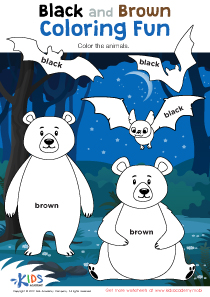Cognitive Development English for Beginners Worksheets for 3-Year-Olds
9 filtered results
-
From - To
Discover our engaging "Cognitive Development English for Beginners Worksheets" designed specifically for 3-year-olds! These worksheets help young learners enhance their crucial cognitive skills while introducing them to English as a second language. Packed with fun activities, children will explore shapes, patterns, and colors through interactive exercises that promote critical thinking and problem-solving. Our curriculum aligns with age-appropriate learning objectives, making it easy for parents and educators to support language acquisition and cognitive growth. Ideal for home or classroom use, these worksheets provide a playful learning experience that fosters curiosity and builds a strong foundation for future educational success!
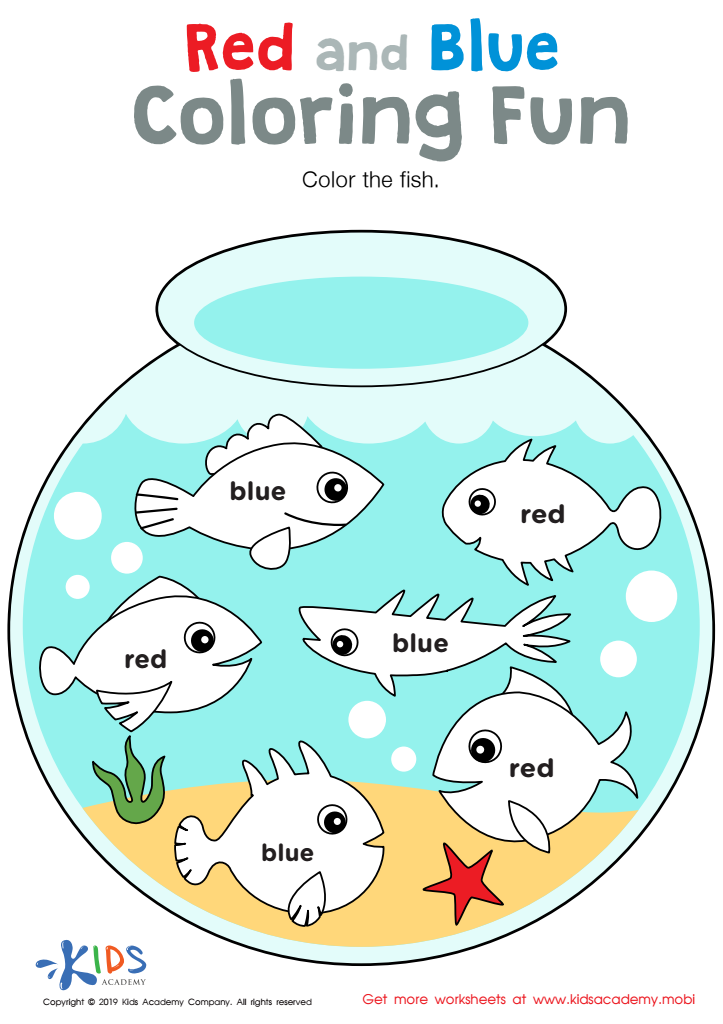

Red and Blue Coloring Fun Worksheet
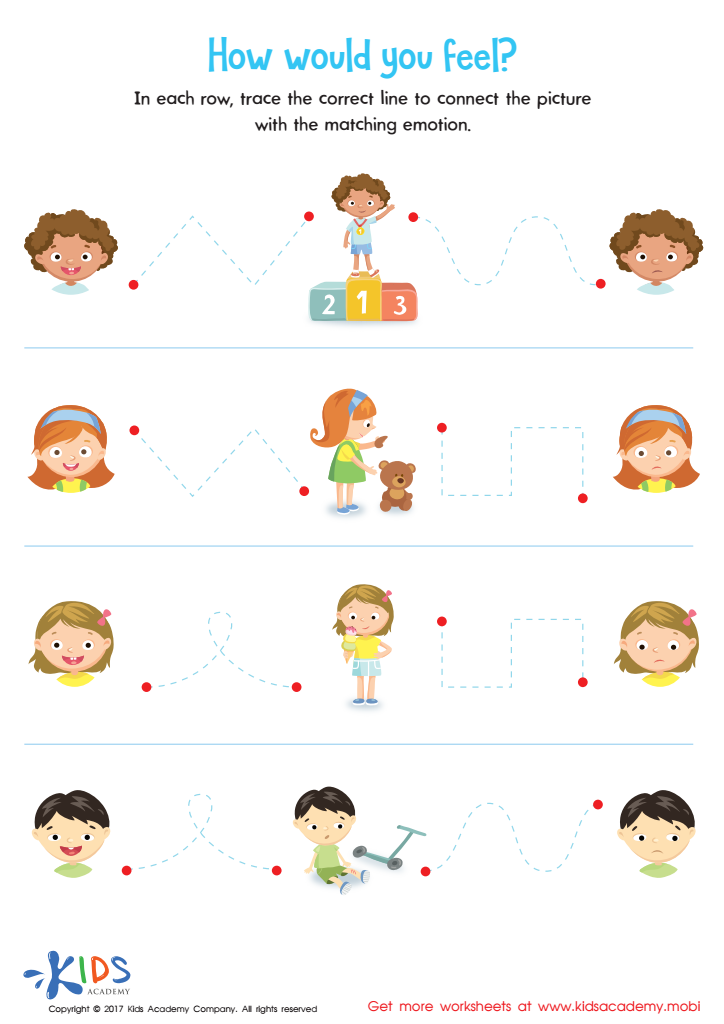

Feelings and Emotions Worksheet
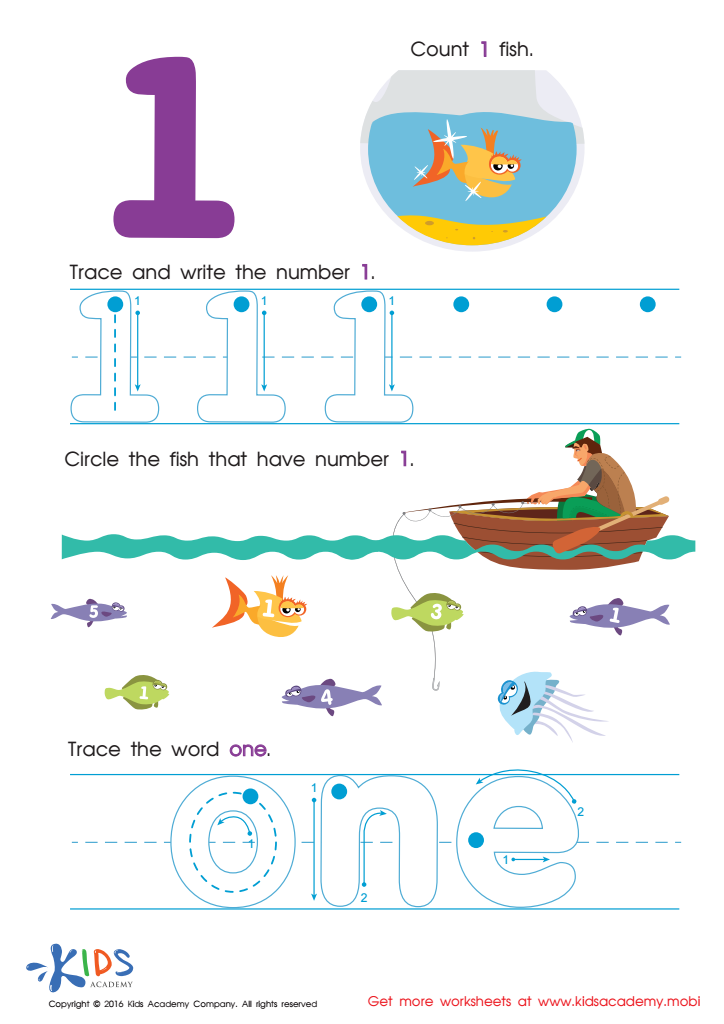

Learning to Write 1 Worksheet
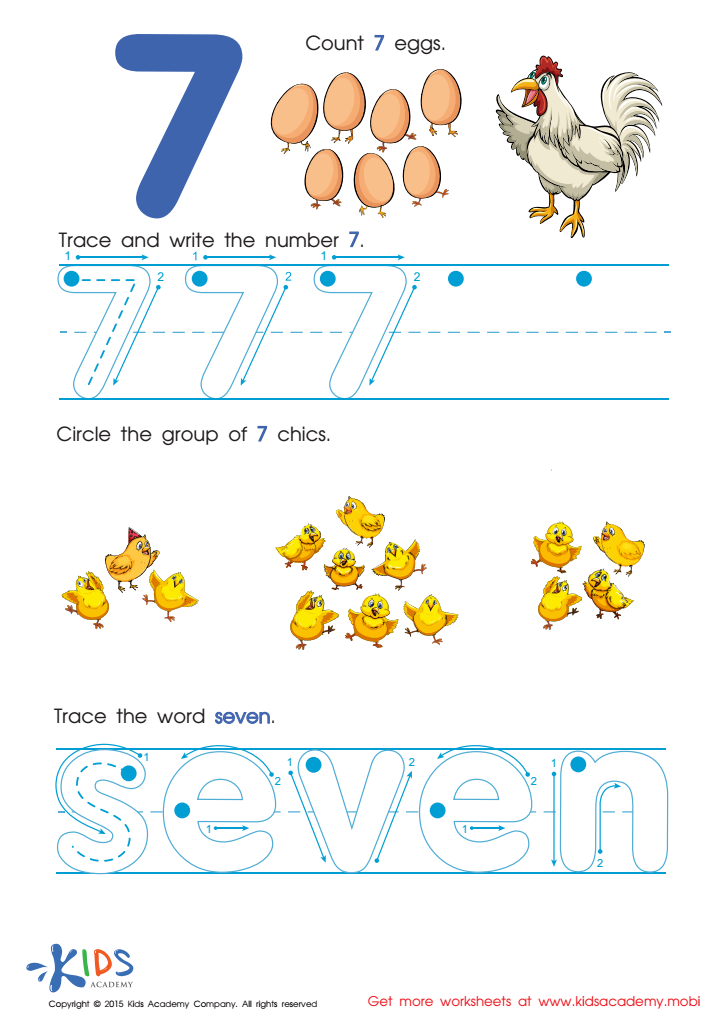

Trace And Write Number 7 with Fun Worksheet
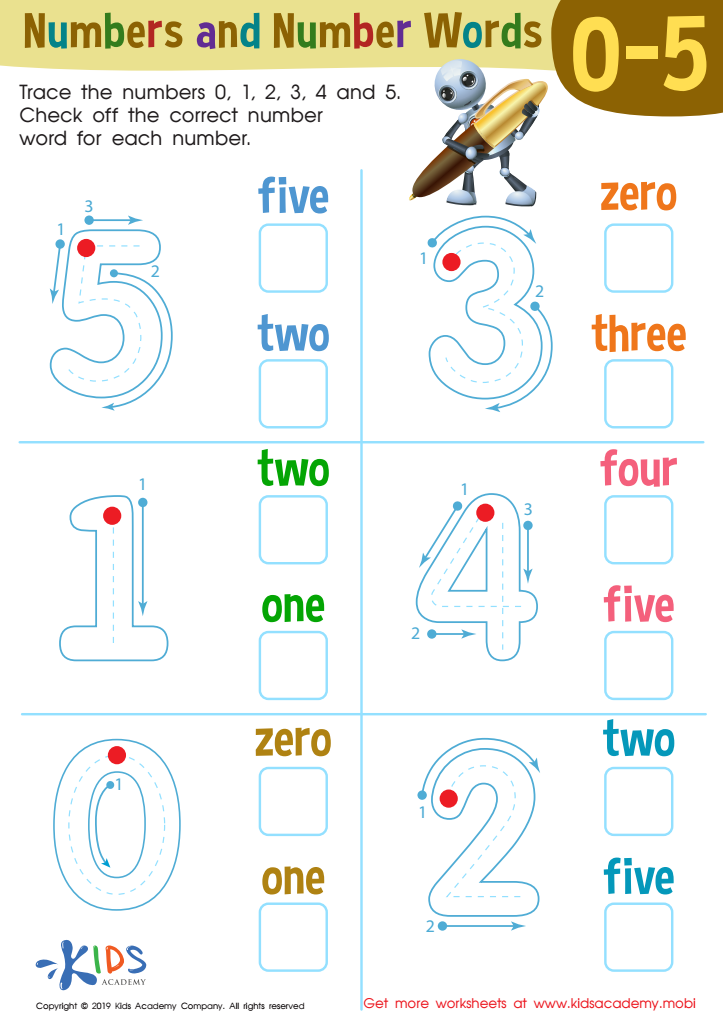

Numbers and Number Words Worksheet
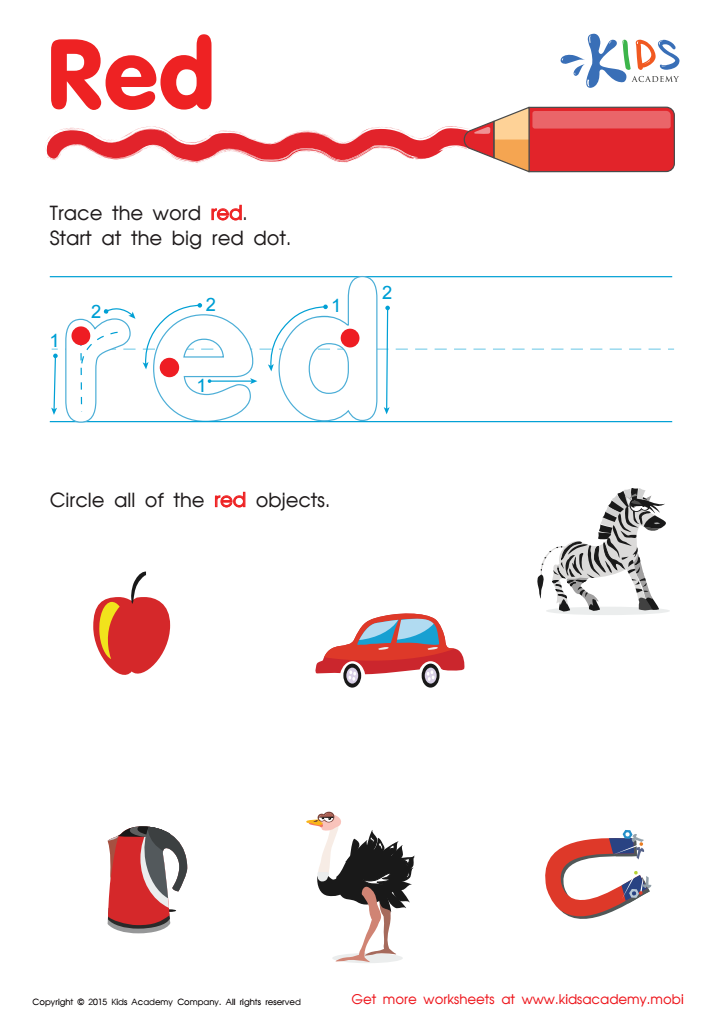

Red Tracing Color Words Printable
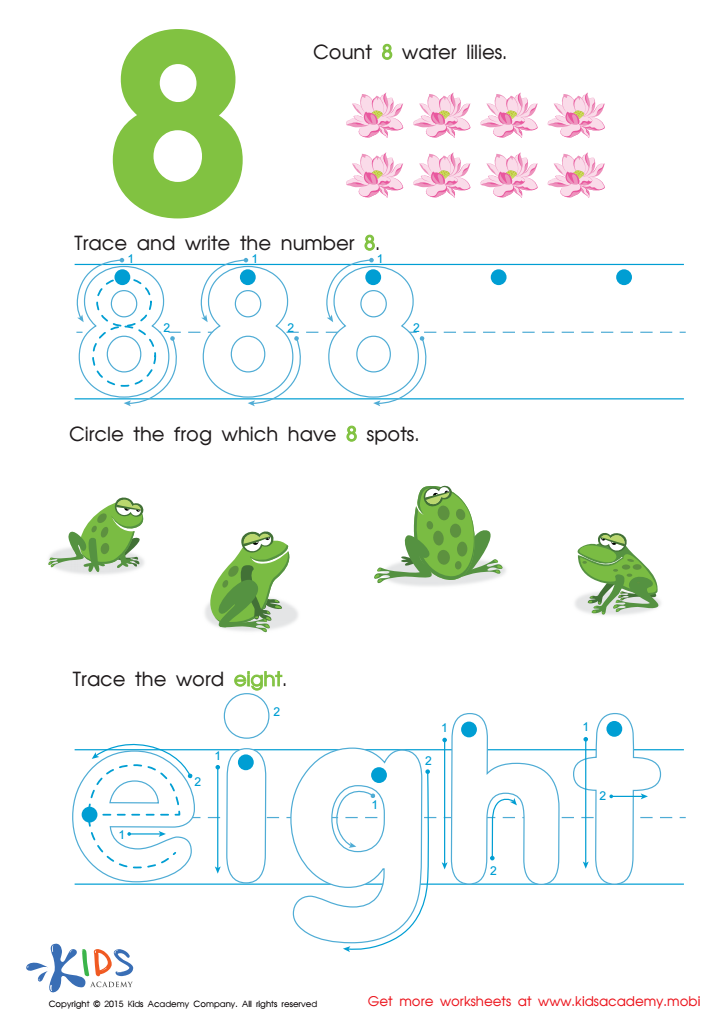

Learn Number 8 Easily Worksheet
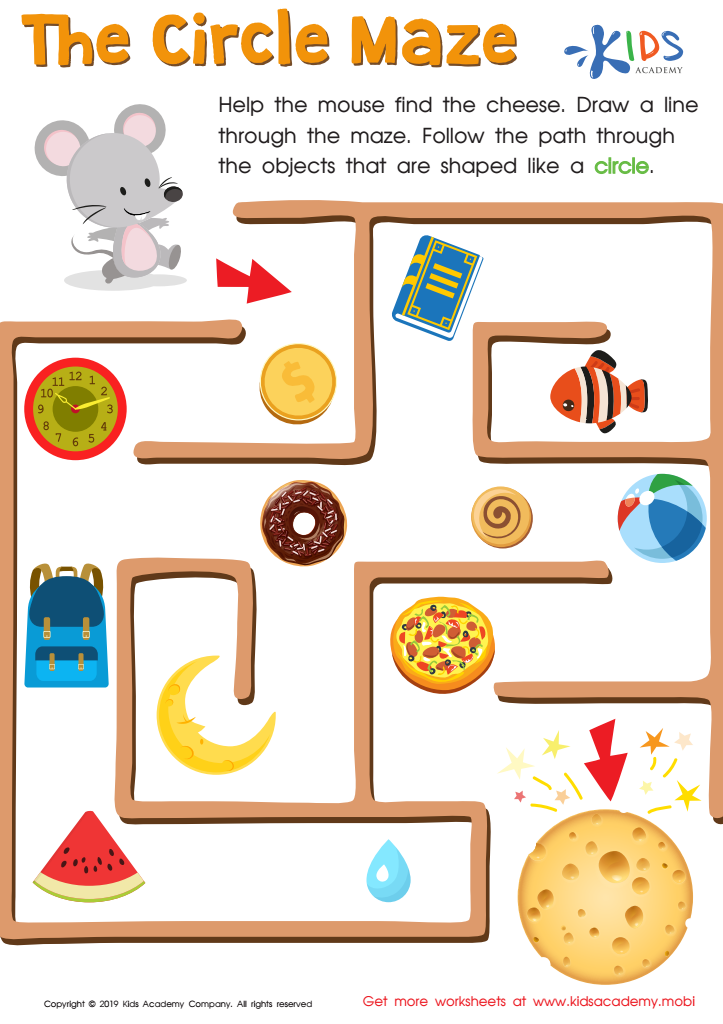

The Circle Maze Worksheet
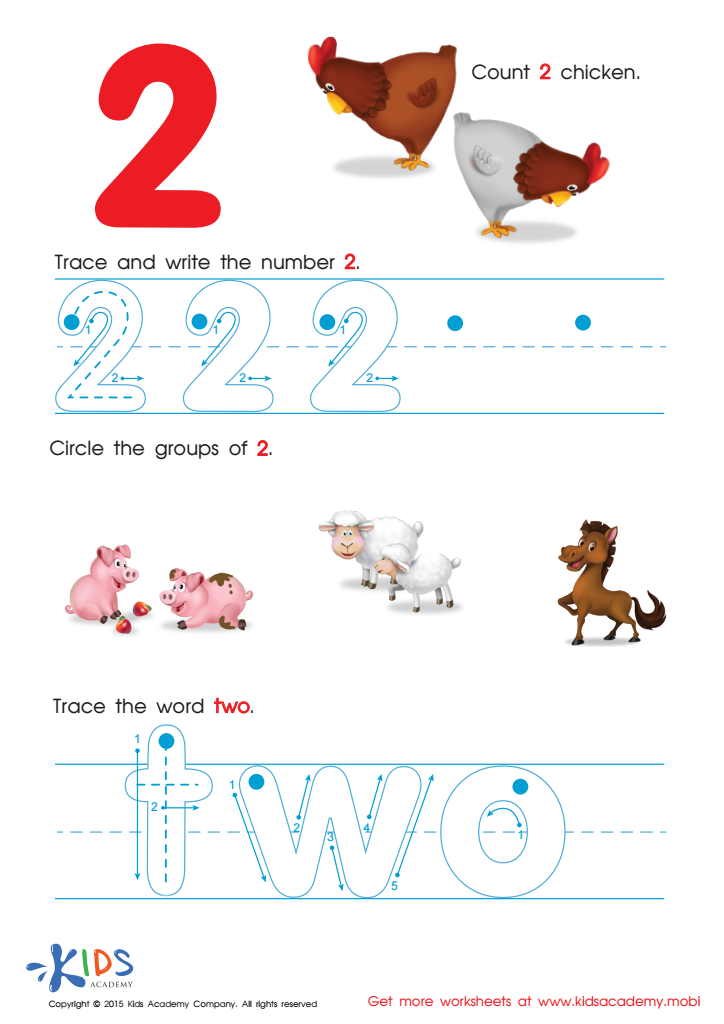

Learn to Write the Number 2 Worksheet
Cognitive development is crucial for 3-year-olds as it lays the foundation for future learning. Parents and teachers should care about fostering cognitive skills in young children, especially in learning English, for several reasons.
Firstly, this stage is characterized by rapid brain growth. Engaging children in activities that promote language acquisition enhances their ability to think critically, solve problems, and understand complex concepts later on. Introducing English through songs, stories, and games makes learning enjoyable and effective, helping toddlers develop vocabulary and communication skills.
Secondly, strong cognitive skills are linked to better academic performance in the future. When children learn English early, they are more likely to excel in reading and writing later in school. This foundation also prepares them for social interactions, making it easier to develop relationships and collaborate with peers.
Lastly, understanding language and cognitive reasoning supports creativity and imagination. Activities that include imaginative play with language encourage curiosity and exploration.
Therefore, by prioritizing cognitive development through English learning, parents and teachers nurture well-rounded individuals ready to thrive academically and socially. Understanding the significance of this stage empowers adults to create enriching environments conducive to a child's growth and learning.
 Assign to My Students
Assign to My Students






